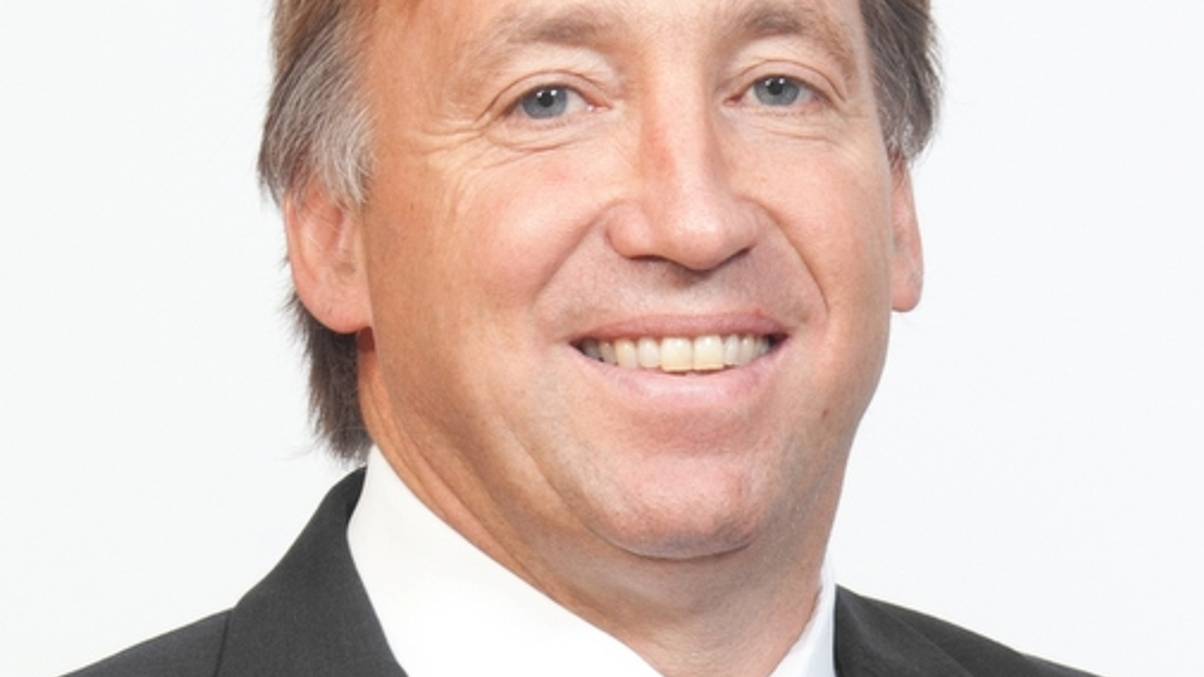AusSuper adds Asia strategy specialist in landmark move
The super fund is eyeing a rep office in Beijing after hiring Stephen Joske from EIU to provide an overview of regional macro trends. It's the first of several hires planned for Asia, says CIO Delaney.

AustralianSuper has hired Stephen Joske from the Economist Intelligence Unit in Beijing to offer an overview of Asia macroeconomic trends and help interpret them into portfolio strategy.
Sign in to read on!
Registered users get 2 free articles in 30 days.
Subscribers have full unlimited access to AsianInvestor
Not signed up? New users get 2 free articles per month, plus a 7-day unlimited free trial.
¬ Haymarket Media Limited. All rights reserved.


